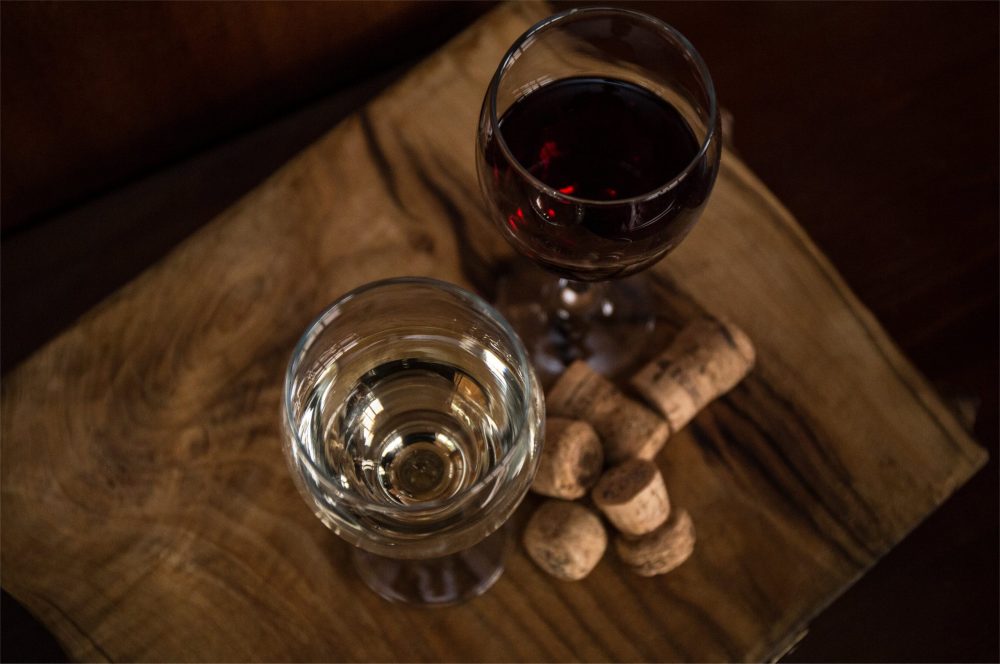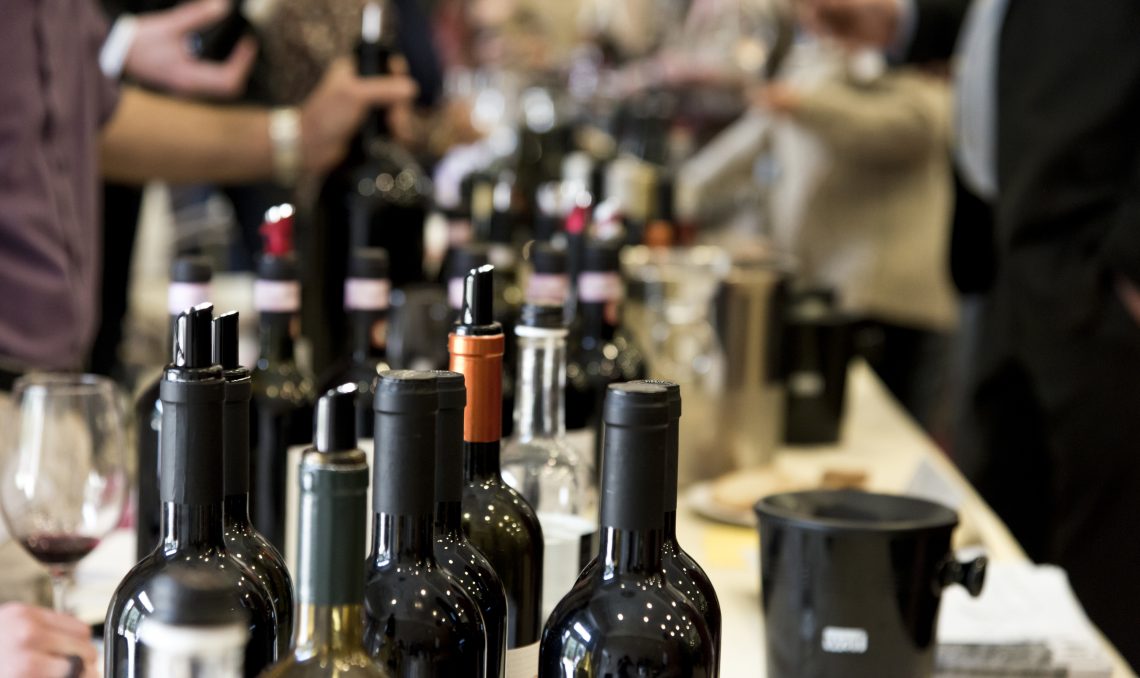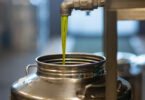The Wolf Post offers a professional service with free access, without subscription.
For this reason, a donation would also be a sign of appreciation for our work.
Wine, like cigarettes, is seriously harmful to health. Wine, like gambling, is addictive. Wine would be among the causes of premature deaths, many of which caused by cancer.
The data published by the authoritative scientific journal “Lancet” leave little room for interpretation. ‘The conclusions of the study are clear and unambiguous: alcohol is a colossal global health problem and the small reductions in health harms at low levels of alcohol intake are offset by the increased risk of other health harms, including cancer. There is strong support here for the guideline issued by the UK’s Chief Medical Officer which found that there is no safe level of alcohol consumption.’
If, in previous research, the indications referred to excessive and non-moderate consumption, this study underlines that there is no effective threshold between excess and moderation: there is no safe level of alcohol consumption.
This research has offered the cue to some virologist-epidemiologists, in “withdrawal crises”, after the media overexposure at the time of the Covid pandemic, to increase the dose, on the harmful effects caused by the consumption of wine. For them, wine should be avoided and that’s it, even if it were half a glass at once.
In Ireland, within a few months, given the alcohol abuse epidemic affecting the country, bottles of wine and spirits will have to bear the label indicating the harmful effects. Ireland has obtained the green light from the European Union.
The European Union has confirmed its intention to reduce the consumption by 10%, by 2025, of some products, such as wine, considered to be at risk of cancer. The European Union Plan does nothing but comply with the requests of the World Health Organization. The numbers of those who abuse alcohol away from meals are constantly growing, even in countries with a consolidated wine culture.
The problem exists and sector operators must face it, not avoid it, believing that the issue only concerns Ireland, which has little influence in terms of global sales, compared to the rest of the Continent or the World.
Of course, it is legitimate to ask what value and credibility the numerous studies on the benefits of wine published, even in magazines that today condemn a drink with millennia of history and which has written the culture of many countries.
It is probably just as useful to ask ourselves how constantly and in what way the major wine-producing countries in the world have invested over the years to disseminate the culture of wine, thus paying attention to knowledge as a brake to avoid the proliferation of the vice and , therefore, of the abuse of wine.
In the frenzy of drawing up sales numbers at the end of the year, the risk is that the space dedicated to the history and tradition of territories (which have shaped the geographies of many countries in the world for centuries) is reduced and considered less relevant when, on the contrary, it is one of the most impactful communication tools for building the bricks of sustainable communication on the subject.

© Ph. Veronica Lavenia- The Wolf Post
The times when health labels will also have room in other European countries, and not just in Ireland, are probably not so far away. If and when this happens, will the world of wine and the communication that surrounds it be ready for a new narrative? In that case, it will really be a matter of rewriting the history of wine communication.
Health through food and drink has been a central theme for decades in every developed country.
When studies, such as the recent ones, carried out on alcoholic beverages have worldwide resonance, occasional (and non) consumers ask themselves questions. As well as those involved in communication. It will certainly be useful to ask oneself, for example, if, up to what point, in what terms, it is/will be worth communicating and promoting a product, once considered (always in moderate doses) beneficial (also due to the presence of the much declaimed resveratrol) and now the worst enemy of health.
My scientific approach leads me to claim the importance of communicating a product such as wine, mainly through knowledge of places (wine roads, designations of origin, associations…) and who works in those territories every day to produce not a poison but a good which, among other things, gives work to professionals of different kinds, in the various producing nations.
Only through the awareness of sharing the knowledge of a product with an ancient tradition but to be consumed with care is it possible to root in the minds of the younger generations the pleasure of tasting and not of drinking; the pleasure of discovering territories in which wine is only a starting point and not an arrival point.
Climate change and the need to combat the various pathologies of the contemporary era, also and above all through a suitable lifestyle and diet, have been topical issues for a long time and on which it is no longer possible to procrastinate. Not even for the world of wine which, perhaps, has the limit of having always taken itself too seriously. It is only wine, not something indispensable but, precisely for this reason, it must be protected.
Organic and sustainable communication are two points on which insiders should have invested yesterday. Tomorrow has arrived and the Ireland affair could only be the beginning of a downward spiral if every actor on the wine scene weren’t aware of the transformation period underway.
After all, if we have reached such an excessive consumption of alcohol, especially among young people, it is not only “because society has changed”. Of course, society has changed, favoring consumption over knowledge (in various fields, if not all) but, and this is the crux of the problem, few have wanted to pick up on signs that have already been evident for some time.








